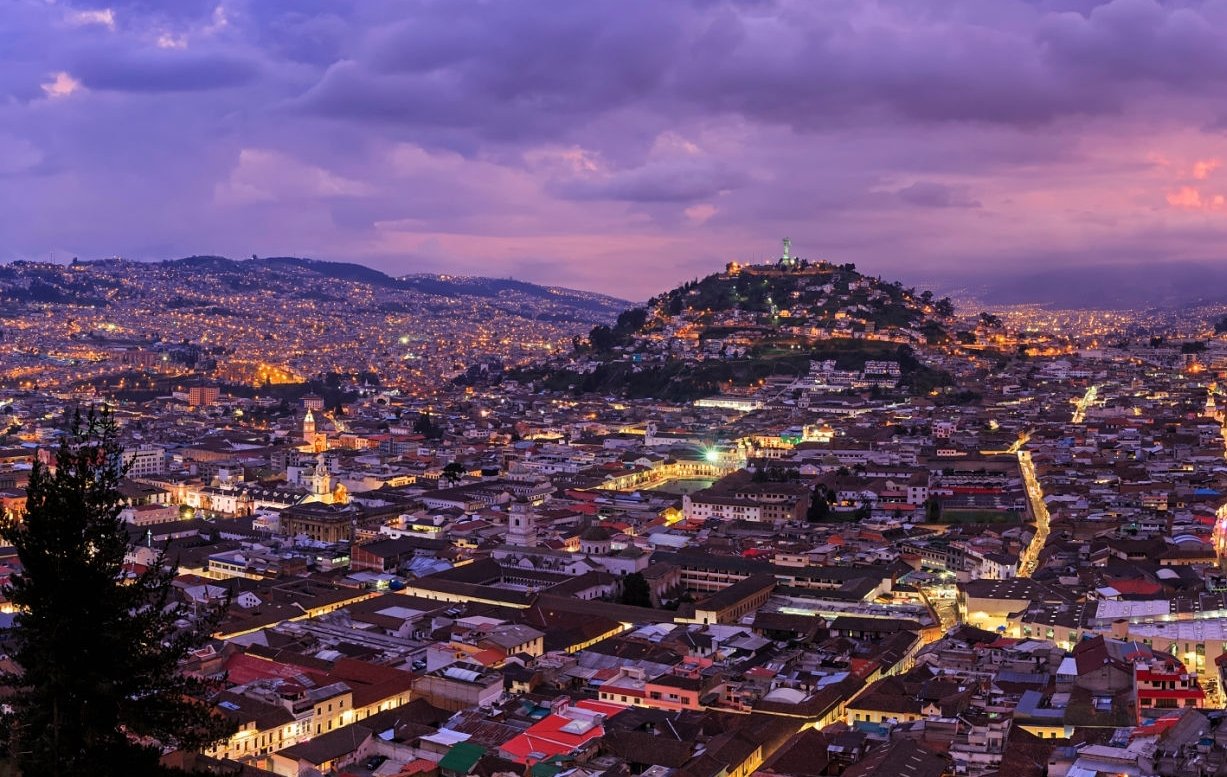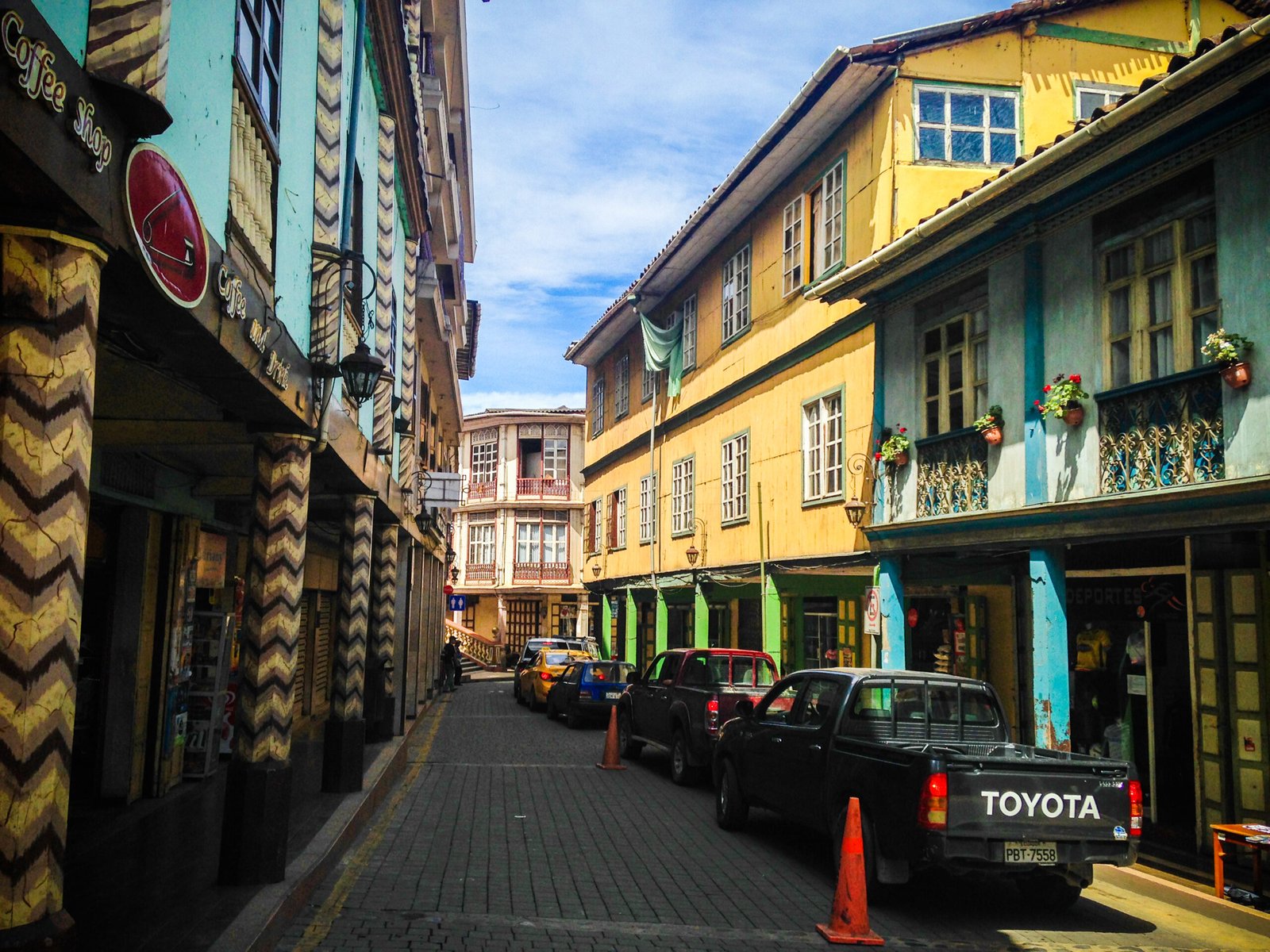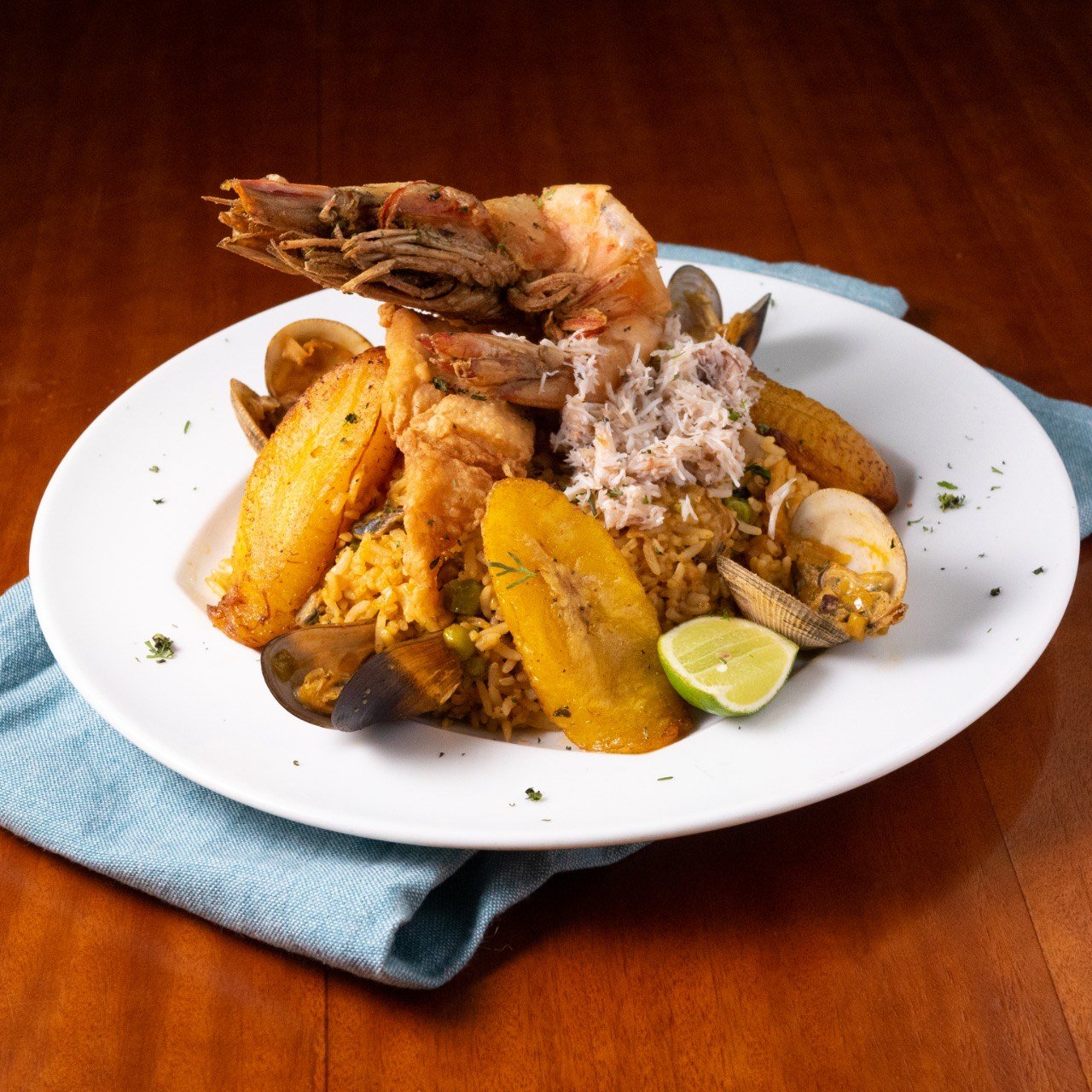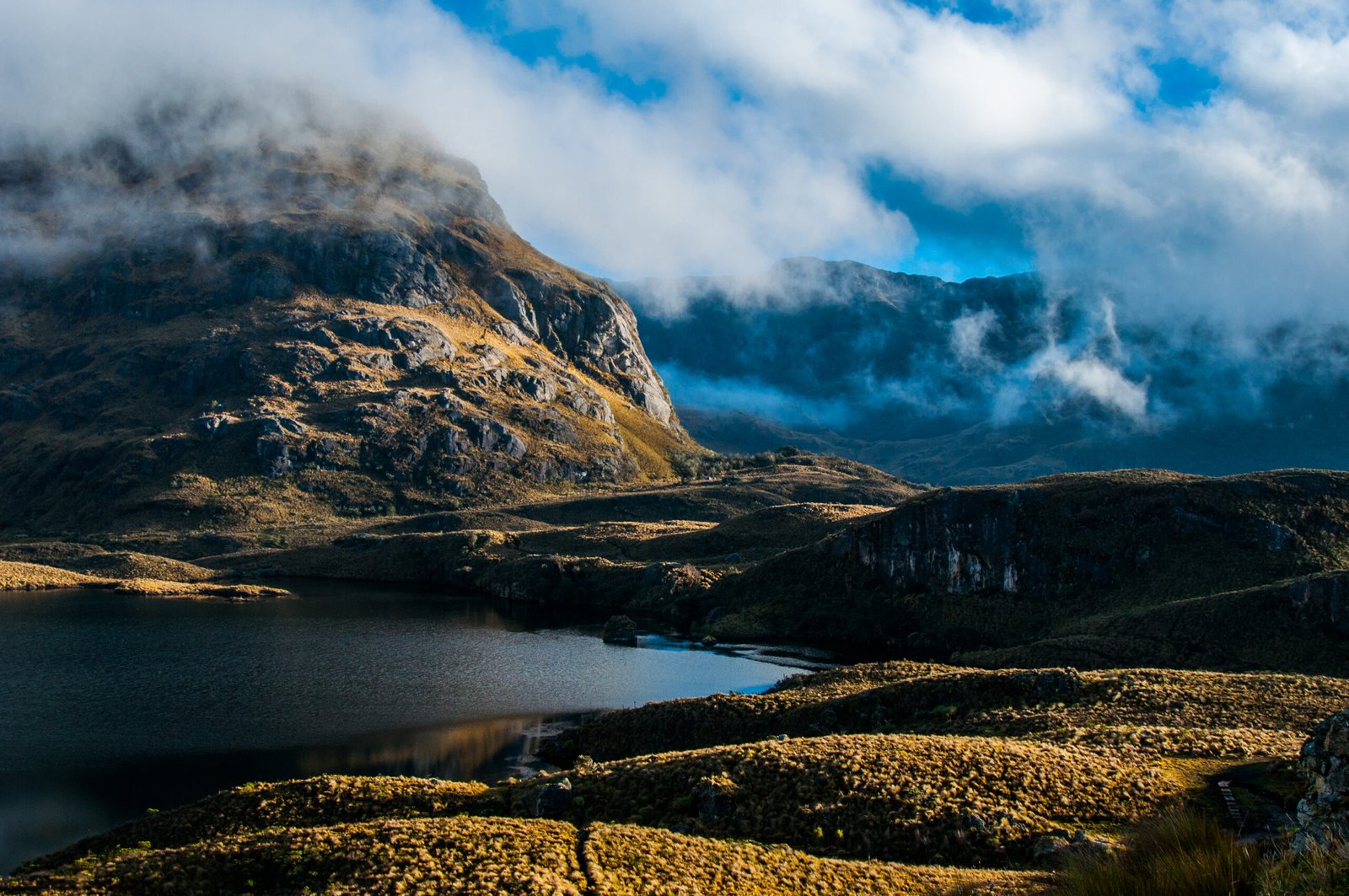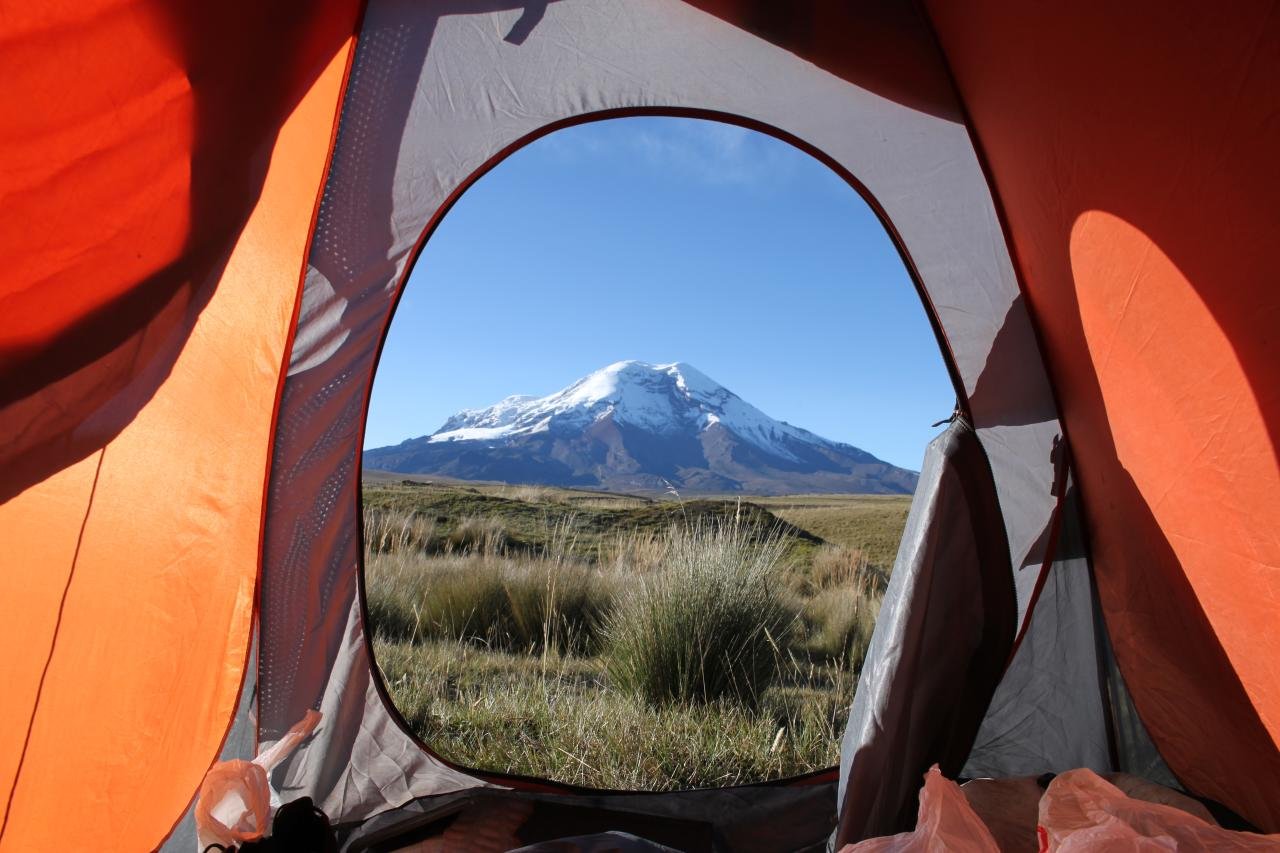The value and importance of nutrition before and during every journey.
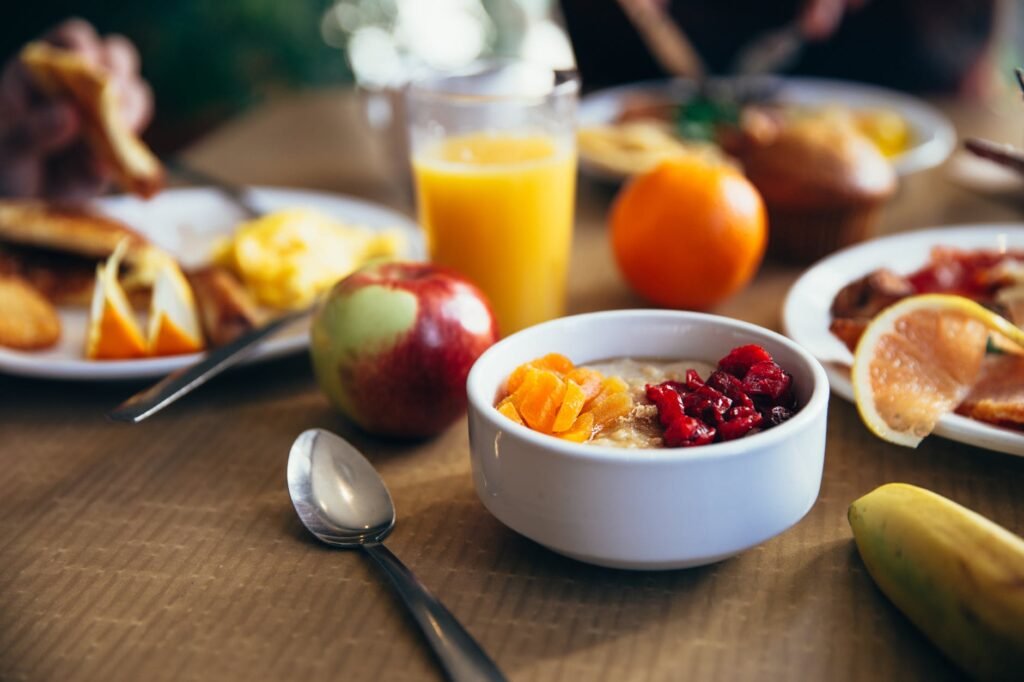
Words & Photo: Melanie Cuzco
Taking care about our nutrition when travelling is one of the priorities to which importance is downplayed, because the relationship between travelling and eating healthy is diminished by several factors: time, services, food preparation process and other circumstances that influence the food and the trip. However, despite the innumerable factors that have an impact, this is not ideal, and therefore food should not be neglected on every trip.
The first step in taking care of your nutrition when travelling is to analyse your dietary discipline and be aware of what you are eating. Eating fruit and vegetables a few days before travelling, as well as avoiding large amounts of refined and processed flours, will help us to stay healthy before we start our trip.
According to the World Health Organisation (WHO), maintaining a healthy diet helps to prevent and protect against non-communicable diseases, which is why the health benefits of minimally processed natural foods are emphasised. Similarly, it is advised to reduce consumption of processed and ultra-processed foods as much as possible.
Travelling can always be an exciting, educational, exhausting and energising experience. Whether you travel by air, sea or land. It is recommended to find ways to learn and maintain a balanced diet that is feasible within a healthy lifestyle and as a habit that strengthens our body in vigour and vitality.
The food you eat and enjoy while travelling can be delicious and memorable. That is why we have put together this quick, practical and simple guide on what to consider when travelling around Ecuador.
The following are the key points to consider when arriving at your destination:
Fruits and vegetables.
Ecuador is a country very rich and diverse in fruits. Choosing fresh fruit and vegetables at any time of the day provides natural sugars with multiple benefits, as well as energy and sufficient vitamins, fibre and minerals; these are essential for the proper functioning of our body and to avoid discomfort. This helps you to better enjoy the journey or place you are travelling to.
Stay hydrated.
Ecuador is a geographically diverse country. Being crossed by the Andes mountain range. Having the Amazon region, the coast and the Galapagos Islands. It has multiple changes in climate, altitude and humidity that can influence high dehydration. And depending on the time of day, this can increase or decrease considerably.
Keep in mind that drinking enough water prevents fluid retention, swelling and changes in blood pressure. To mitigate these discomforts, remember to always carry a bottle of water and drink small portions of this vital liquid throughout the day, even if you don’t feel the need. Remember that the function of water is to rehydrate and thus provide a balanced fluid balance in your body.
Avoid junk food.
Ecuador has a variety of gastronomic flavours, some of which are native to the country and others that have come to Ecuador from other regions of the world. During the trip a balance should be maintained. You can taste and enjoy the typical dishes that are found in every part of Ecuador and in many cases they are iconic, because they represent the gastronomy of that place. However, if you feel like eating something out of the routine, you can be flexible and enjoy your trip, but remember to do so without unnecessary excesses.
Fast food is not recommended because it is high in fat and sodium. For this reason they should not be consumed daily because they can cause fluid retention and alterations in blood pressure, so excessive consumption of these foods, salt, sauces, sausages or canned products should be avoided.
Remember that it is not a matter of restriction, it can be consumed, but it should always be kept in mind that it should be consumed in moderation.
High-protein foods.
Proteins are the building blocks from which our organs, tendons, hormones and muscles are nourished. However, it is common to see a variety of processed protein powders on the market. You should look for those that are more optimal for consumption. That is to say that they do not contain excessive carbohydrates and fats, and that they do not produce alterations in the organism.
Consider that the average adult should consume at least 0.8 grams of protein per kilogram of their body weight, so they should consume around 56 grams per day. To reach this target at this level of protein we can add certain foods to the dietary routine.
Lentils.
Lentils are a nutrient-dense food that can be purchased and prepared steamed or boiled. It should be noted that one cup of these beans provides approximately 18 grams of protein and 16 grams of fibre; it also provides a good amount of vitamins, minerals and antioxidants.
Hard-boiled eggs.
This preparation is preferable because each whole egg (white and yolk) provides 6.4 grams of protein. Remove the myth that egg yolks are bad and should be avoided. It has been confirmed by a study that they do not negatively affect cholesterol but help to raise HDL cholesterol levels and lower LDL cholesterol.
If more egg whites are added one day, it is simply to increase the protein and volume a little, but yolks should not be avoided when it comes to protein, one egg white = 3.6 grams.
Beans.
One cup of beans contains 12 grams of protein and provides fibre, B vitamins, iron, folic acid and is low in fat, among other benefits. They can be steamed or boiled and combined with salads.
Greek yoghurt.
This last food contains twice as much protein, one serving stores approximately 11 to 14 grams of protein, depending on the brand and the container in which it is presented. It also has less sodium, so it has 50% less than regular yoghurt.

